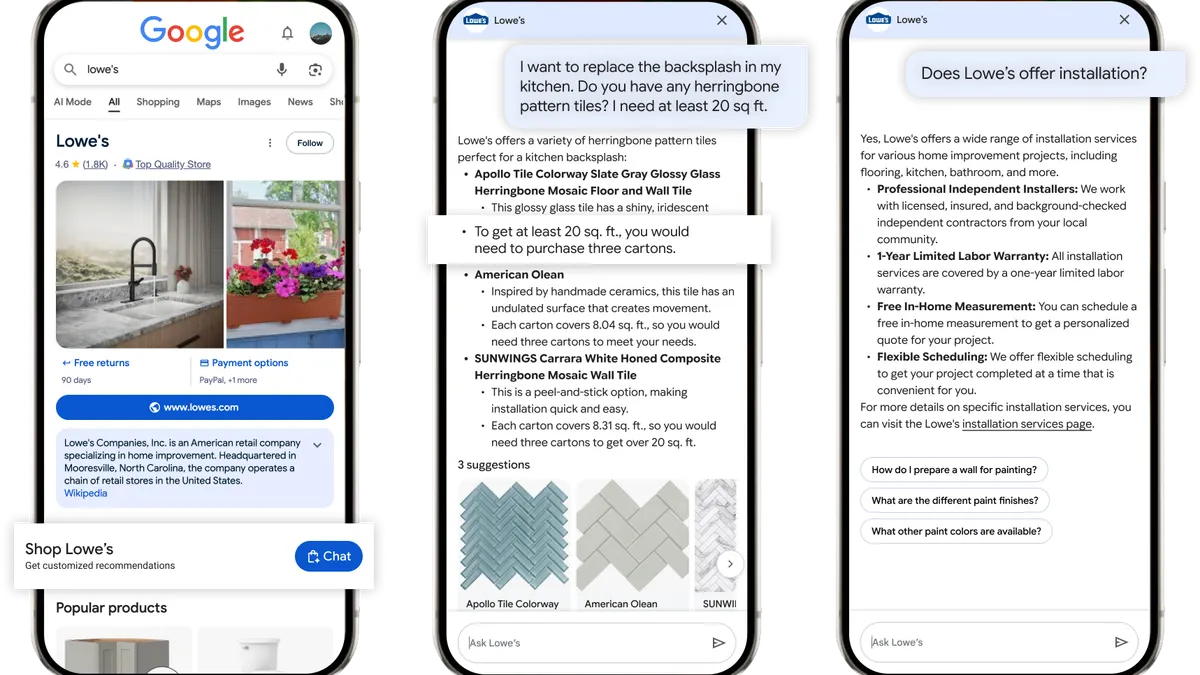Delivering great customer experiences relies on accessible, organized customer data. In most cases, a customer data platform is an integral component.
Brands report that their CDP plays a pivotal role in enhancing customer-centric strategies, improving operational efficiency and fostering better customer relationships, according to Tealium’s fifth annual State of the CDP report.
The findings, released Tuesday, indicate that 90% say a CDP is critical for delivering a trusted CX.
In fact, CX goals are top of the list of reasons for adoption and deployment of a CDP, according to the global survey of more than 1,200 IT, operations, marketing, and data and analytics leaders.
When it comes to use cases, brands are leveraging CDPs for a wide range of activities to understand and cater to their customers, from first touchpoints and acquisition to personalization and retention, while building trust through privacy and regulatory compliance, the report found.
The advantage of a CDP extends across the entire customer journey. “At the outset, companies are focused on acquiring and retaining customers. Then personalization creates those great experiences and helps to build loyalty,” said Phil Hollrah, VP of product marketing at Tealium.
Cookie crunch driving uptick in CDP adoption
Nearly 9 in 10 CDP adopters view their CDP as a main way to future-proof their business.
In addition to wanting to achieve CX goals, external factors are also compelling brands to adopt a CDP.
The cookie crunch, brought on because Google is phasing out tracking cookies; the growing number and complexity of privacy regulations; and demands for richer, actionable real-time data insights are driving CDP uptake, the survey found.
The demise of cookies, in particular, is prompting brands to leverage customer data more than ever. Two-thirds of respondents have increased investment in first-party data initiatives in response to the impending demise of cookies for targeting and attribution, according to the survey
Brands report that CDPs play a crucial role in helping to manage and control customer data in compliance with different privacy regulations.
“By centralizing and securing customer data, CDPs contribute to building trust with customers and ensure that businesses are operating within the bounds of the privacy laws,” Hollrah said.
David Raab, founder and CEO of the CDP Institute, says that without a well-honed data platform, businesses will “struggle to collect, unify and activate information about customer behavior in different channels or even about different types of transactions in the same channel.”
“The CDP is a very important tool for making great CX possible,” Raab said.
CDPs place high-level demands on data
Raab said CDPs are continuing to expand their capabilities for real-time response to customer behavior, AI-based real-time predictions and expanding activation features for cross-channel journey management and optimization.
“These CDPs will play an increasingly central role in coordinating CX across all channels and life stages,” he told CX Dive.
The survey showed that 84% of CDP users leveraging its real-time data collection for deeper analysis and decision-making across the enterprise. Additionally, 4 in 5 of CDP adopters recognize the critical role of real-time data in achieving business objectives.
“More brands are understanding the critical nature of real-time data and not just batch data, which come in every 24 hours,” Tealium’s Hollrah said.
“It's about being able to create those moments that matter with your customer and doing that in real-time, and that can really drive your personalization efforts,” he told CX Dive.
With data becoming mission-critical for successful CX efforts, the survey found the success of CDPs require appropriate data quality and depth. However, this means organizations that are still working on breaking down data silos and improving the quality and quantity of their first-party data may not be able to drive the same CX initiatives and results.
“The data quality piece is really critical for providing the best customer experience, leveraging the same data across different teams within the organization,” said Hollrah.
To improve data quality, organizations should assess the current state of their customer data, define the requirements for using that data in new CX programs, and identify gaps that must be closed to make the data as useful as possible. Brands should make breaking down data silos a priority, Raab said.
“Then they need to put in place on-going programs to measure data quality and identify and remove sources of error. And these programs should be integrated with existing data governance and quality projects,” he said.
They may also want to explore identity resolution and management technologies to link data from different systems and help deepen connections between these customer data sources.
“These capabilities will support unification of data across all sources,” said Raab.
Roadblocks to realizing the full potential of AI
CDP use cases are extending beyond marketing applications to sales and service departments, as well as expanded use of CDP data for analytics and AI model development, Raab said.
Increasingly, there’s a growing use of AI within the CDPs themselves, to help load new data sources, resolve identities and analyze customer data.
“The demand for excellent customer data will continue to increase, and we expect the CDP industry to meet this demand with a growing range of capabilities and delivery options,” he said.
This trend is reflected in the research, with the Tealium report finding AI adoption is on the rise, with chatbots, virtual assistants, predictive analytics, recommendation tools and fraud detection the top use cases for CX.
Brands with CDPs have increased confidence when it comes to AI and machine learning and are better prepared to use these technologies than those without CDPs.
The survey found 91% of companies with CDPs believe CDPS are critical to having the right data available for AI and machine learning projects.
Though there are roadblocks to AI adoption such as lack of skills, privacy regulations, budget, data silos and integration challenges, Hollrah says AI-enhanced CDPS can provide value in providing insights, enhancing customer experiences and streamlining operations.


















